In January, many people begin adopting healthy behaviors and one of the most popular New Year’s Resolutions is eating better. Likely, this comes as a result of a desire to lose weight. Part of a weight loss program is going to be a healthy diet.
But do you really have to count calories in order to lose weight?
The short answer is no, but the long answer involves a nuanced understanding of the relationship between calories, food quality, and successful weight loss.
Calories certainly play a crucial role in the weight loss equation – it’s a matter of energy balance. In the beginning, it’s very helpful to understand how many calories you are consuming and how your body is responding to that amount of energy. For some people, that is going to be a process of weighing your food portions and tracking in a food journal how many calories you are eating. This does not have to be long-term. Doing this for 3 – 7 days will give you enough data to see where your average daily intake lies.
And although a deficit of calories will lead to weight loss, that is not the only focus. The quality of the calories you consume is equally important. Fueling your body with more nutrient-dense foods will help to increase your health, give you an abundance of energy, and help to preserve your muscle mass while in a deficit.
If you only look at your caloric intake, you may end up missing out on nutrients that your body needs. As an example, eating 100 calories of chocolate and 100 calories of a bowl of vegetables is the same caloric value. However, the impact on your overall health and your weight loss journey is vastly different between these two foods. Not to say that both can’t fit in a healthy diet, they absolutely can! But they are not equal in nutrients.
An easy way to map out your plate, both to ensure proper portion sizes and inclusion of all the macronutrients, is to use your HAND as a guide.
Fist-Sized Portions – Vegetables
You can season them with herbs and spices, roast them with a little olive oil, or make a colorful and interesting salad with many different veggies.
Palm-Size (both the size and thickness of your palm) – Protein
Chicken, turkey, and fish are great choices to ensure you get all the amino acids you need to support your muscles.
Cup your hand – Starchy Carbohydrate
Foods like a root vegetable (potatoes) or a grain (rice, pasta, bread.)
Thumb-Size – Heart-Healthy Fat
Avocados, nuts, or seeds are perfect for adding to a salad or on a sandwich.
As you have a clearer picture of the number of calories you are eating, you can make better decisions about what goes on your plate. It’s a good practice to revisit the weighing of your food occasionally to ensure you haven’t accidentally increased your portion sizes. But you don’t have to do this every day to be successful.
Once you have become aware of the number of calories you are eating, try these three tips to make healthy eating for weight loss a more achievable and sustainable endeavor:
Prioritize Whole Foods:
Instead of fixating on calorie counts, center your meals around whole, minimally processed foods. Vegetables, fruits, lean proteins, and whole grains not only provide essential nutrients but also offer a sense of satiety that processed foods often lack. These nutrient-dense choices fuel your body efficiently and contribute to long-term weight management.
Listen to Your Body:
Pay attention to your body’s hunger and fullness cues. Eating mindfully and savoring each bite allows you to recognize when you’re satisfied, preventing overeating. Cultivating a healthy relationship with food involves tuning in to your body’s signals rather than adhering strictly to external guidelines. This approach fosters a sustainable and enjoyable eating pattern.
Moderation, Not Deprivation:
Weight loss is not about deprivation; it’s about finding a balance that works for you. Allow yourself occasional treats and indulgences in moderation. The key is not to view certain foods as off-limits or “bad” but to incorporate them sensibly into your overall diet. This helps prevent feelings of restriction and promotes a healthier mindset around food.
In conclusion, while calories undeniably matter in the weight loss journey, an exclusive focus on counting them may not be the most effective or sustainable approach. Prioritizing food quality, listening to your body, and embracing moderation can make the path to a healthier weight more enjoyable and realistic. Remember, it’s not just about losing weight; it’s about fostering a sustainable and nourishing lifestyle.
Thank you to SCW Fitness Education for featuring this Blog Post in their Spotlight #67. You can read more HERE.

Leave a Reply
You must be logged in to post a comment.